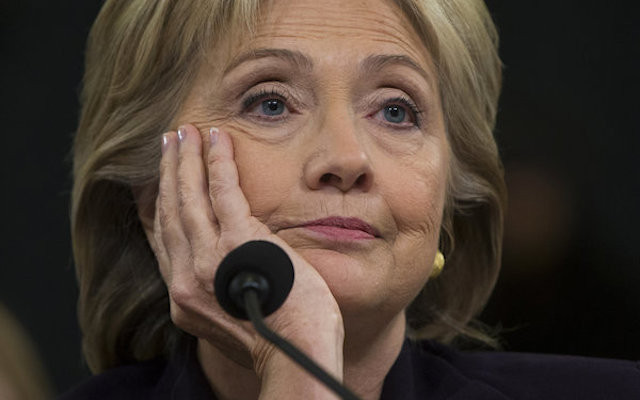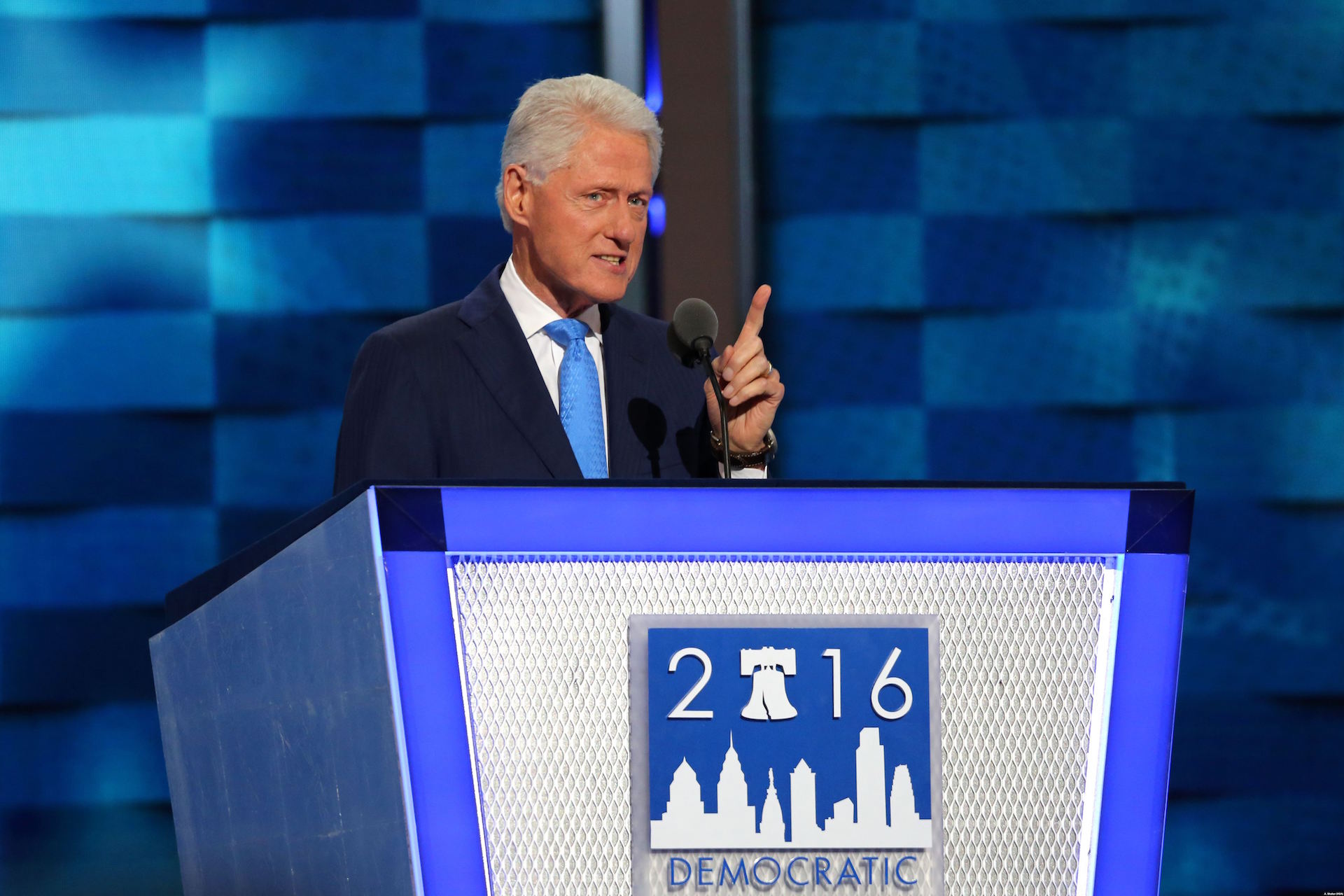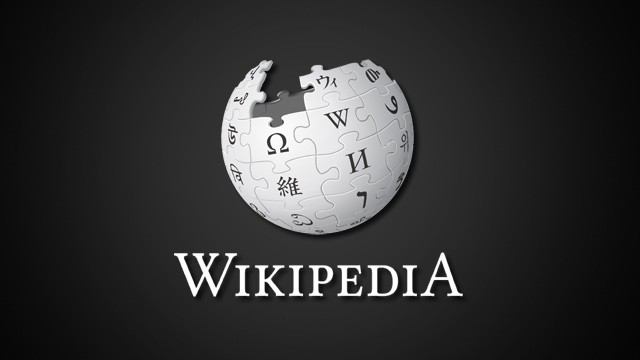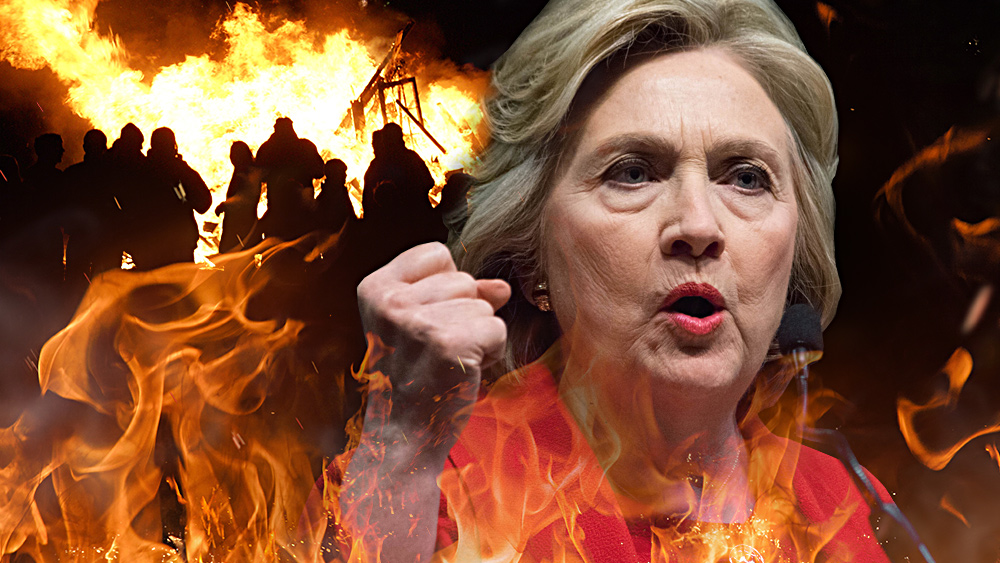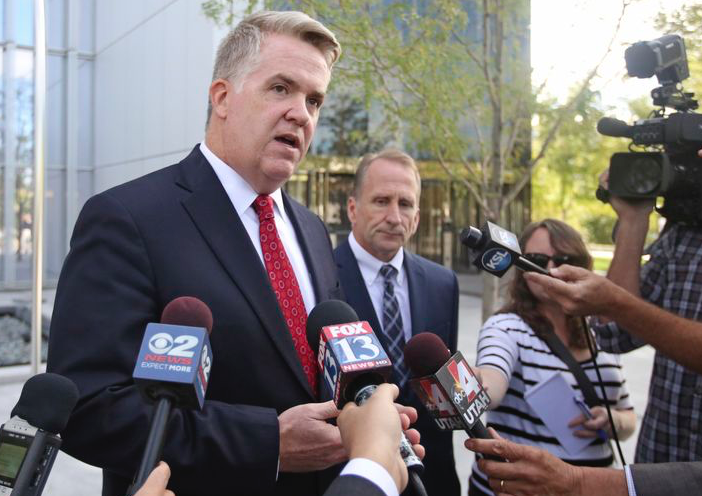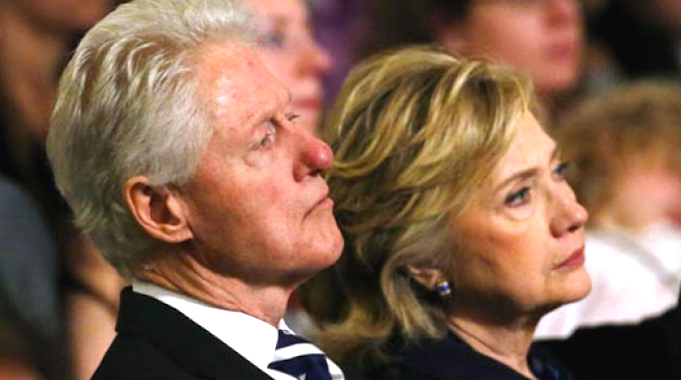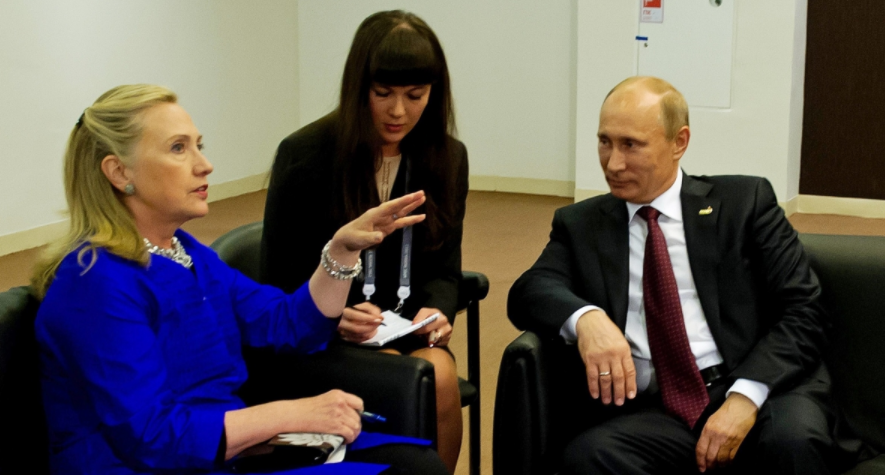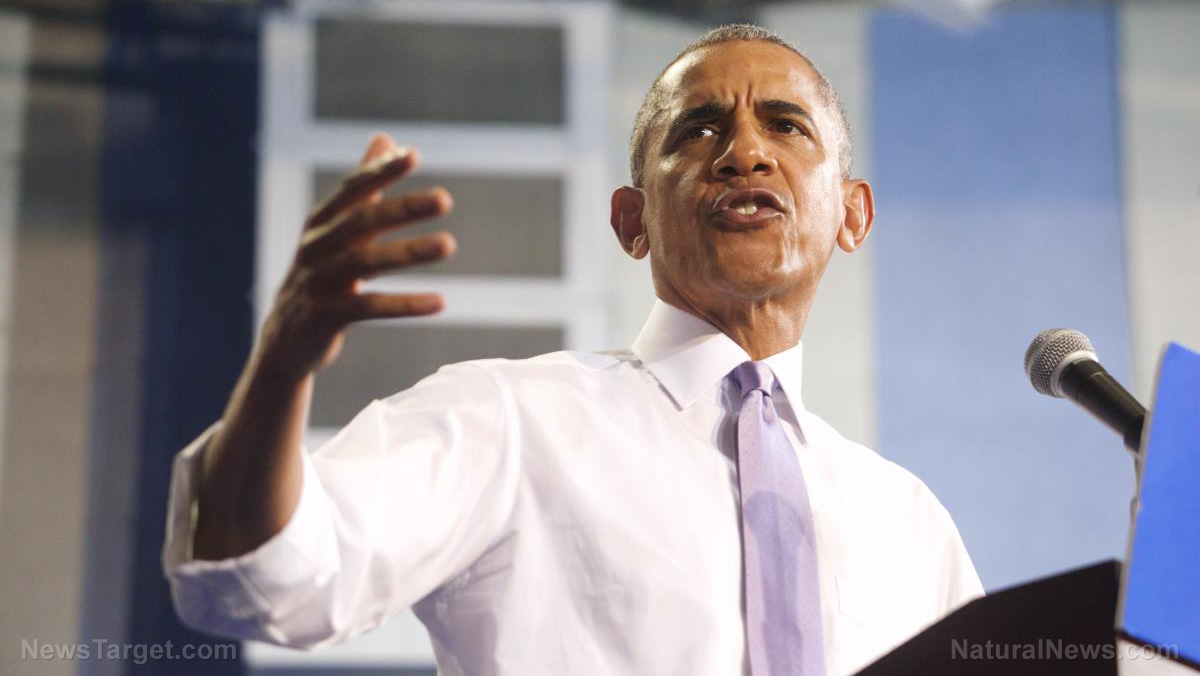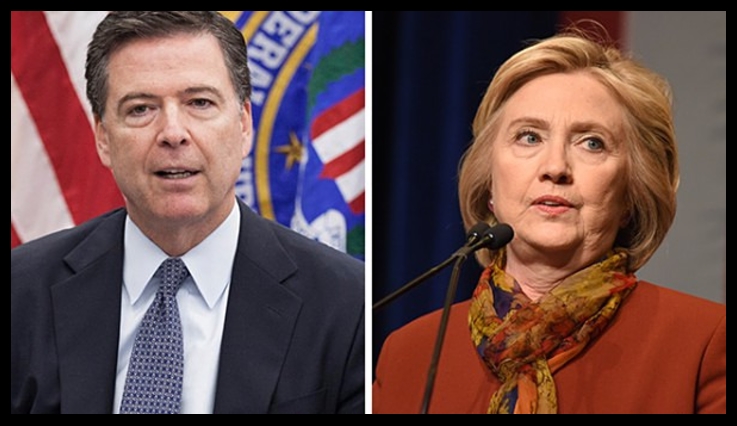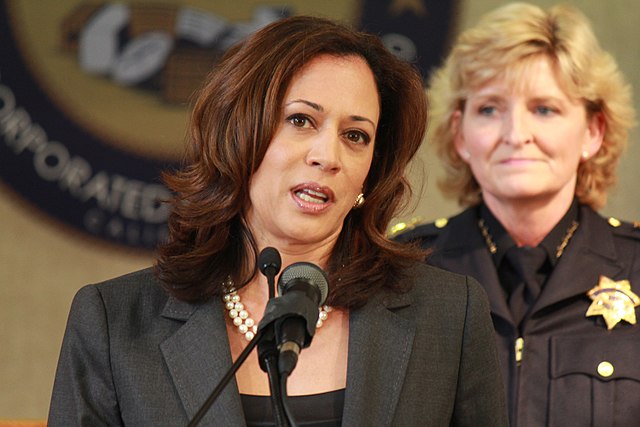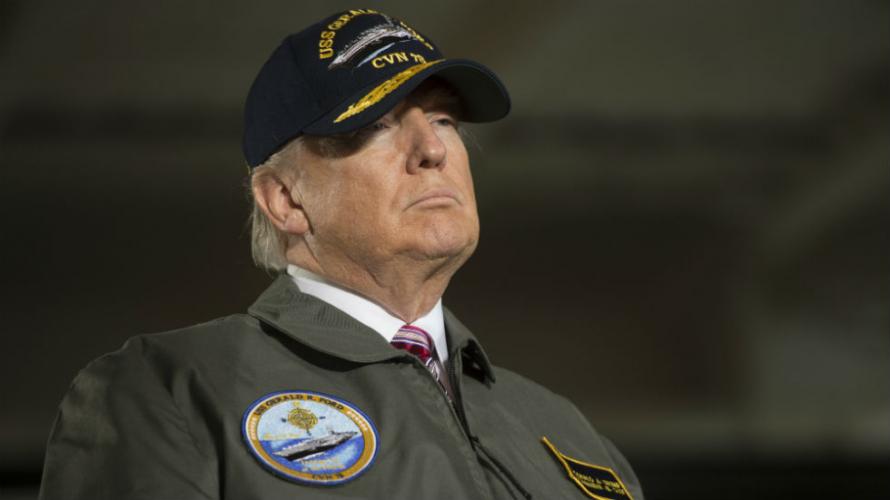As Obama’s secretary of state, Hillary Clinton continued to fund South Sudan’s military despite their use of child soldiers
06/24/2016 / By JD Heyes

Child soldiers have long been utilized in armies all over the world, but in particular in third-world countries of the Global South. Despite the best efforts of Global North countries and their institutions, there has been little progress made in convincing these countries to raise armies without having to resort to putting children on the front lines.
But one institution in particular, while not actively promoting the use of child soldiers, nevertheless rewarded a country – Sudan – for doing so via official diplomatic recognition from the most powerful country on earth, by a top Obama administration official who is now trying to convince American voters she is competent enough to be their next president.
As secretary of state, Hillary Clinton and her boss, President Obama, worked regularly since 2012 to circumvent a 2008 law that prohibits the United States from providing any aid and comfort to nations who utilize child soldiers. As reported by The Intercept, the Child Soldiers Prevention Act (CSPA) was passed after South Sudan declared its independence from the remainder of the country; South Sudanese rebels were known to regularly utilize child soldiers.
But after independence, “the White House issued annual waivers that kept aid flowing to the world’s newest nation despite its use of child soldiers,” The Intercept reported. “President Obama stated in 2012 that the waiver that year was in ‘the national interest of the United States.’”
That decision was heavily criticized by human rights activists and others, including U.S. lawmakers. Rep. Jeff Fortenberry, R-Nebraska and author of CSPA, described the use of child soldiers as an “unthinkable practice.” America “must not be complicit in this practice,” he said.
“The intent of the law is clear — the waiver authority should be used as a mechanism for reform, not as a way of continuing the status quo,” he added. But because of the law’s requirements, the waivers had to come from the White House, not the State Department, so Obama got the lion’s share of the criticism.
But apparently, as The Intercept notes, Clinton was never questioned about the waivers. What’s more, the department never provided any public rationale for the waivers, either, electing instead to remain silent on the matter and hope that it flew under the radar.
Yet Clinton spent many years promising to defend the rights of children around the world. In 2009, shortly after becoming secretary of state, she penned an op-ed for the Washington Post opposing human trafficking and pledging cooperation with nations around the world to end it. That included trafficking of children, naturally. She has also been critical of “modern-day slavery” in the introduction to a State Department report on human trafficking in 2012 that also criticized the “unlawful recruitment or use of children” by armed force.
“Yet she does not appear to have publicly explained her role in allowing South Sudan and other countries to receive military support despite using children as combatants,” The Intercept reported. “In fact, the State Department played a central role in issuing the controversial waivers, according to two sources, including a former State Department official.”
Why does this matter, other than the obvious fact that her actions are at odds with stated U.S. foreign policy objectives? Because Clinton has made her foreign policy experience a major focus of her presidential campaign.
That said, Clinton’s judgment does not fare well under scrutiny. From her “yes” vote for the Iraq war (which has now led to a collapse of that country into a near-failed state) to her constant push to intervene in Libya (which led to a similar result as Iraq), as well as her infamous failed “reset” with Russia, the Arab Spring and the so-called “pivot to Asia, her foreign policy has, in the words of her GOP opponent, been “a disaster.”
Only now, however, has there been a serious examination of her actions towards South Sudan.
“Daniel Mahanty, who served in the Bureau of Democracy, Human Rights, and Labor under Clinton, confirmed that the State Department, in consultation with the White House, controlled the process,” The Intercept reported. “The State Department drafted all waiver materials and all recommendations to the president were made on behalf of the secretary of state and with her full approval.”
Sources:
Tagged Under: Foreign policy, South Sudan
RECENT NEWS & ARTICLES
COPYRIGHT © 2017 CLINTON NEWS

